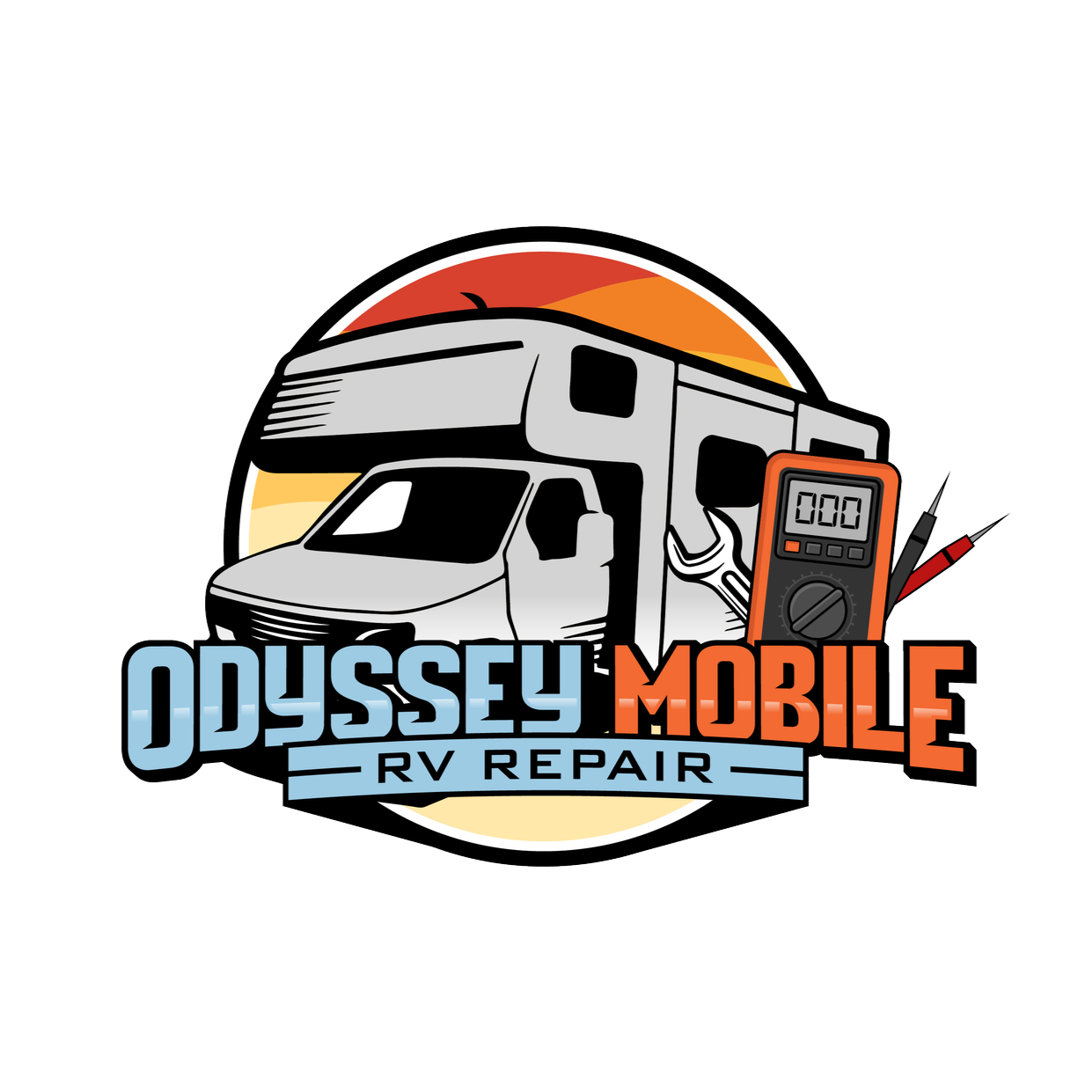How to Diagnose a Faulty RV Converter
Your RV converter is a critical component that bridges the gap between your 120V shore power and 12V battery system. When it fails, your battery won’t charge properly or at all, leaving your 12V-powered devices will stop working. Here’s how to recognize and address a faulty converter.
Signs of a Faulty Converter
Dim or Flickering Lights: Indicates low voltage reaching your 12V devices.
Battery Won’t Charge: A clear sign your converter isn’t transforming 120V power into 12V effectively.
12V appliances Not Working: If devices like your water pump or fans stop functioning, your converter may be the issue.
One thing we find often: All other 120V power outlets, appliances and devices working fine, but you have the above symptoms where your 12V will not work. Your converter works by transforming down the 120V to 12V. That transformer inside your converter can burn out leaving only the pass through function of your 120V systems working. We wrote an article about the 120V & 12V systems here.
DIY Steps to Diagnose the Problem
Check the Battery Voltage: Use a multimeter to measure your battery voltage. A fully charged battery should read around 12.6V. A charging battery, around 13.4 or more if its a lithium battery. If it’s low and not charging when plugged into shore power, the converter could be toast.
Inspect the Converter: Locate your converter (usually near your breaker panel) and check for signs of damage, such as burnt wires or a blown internal fuse. Make sure you put out the fire if you haven’t already.
Test Shore Power at Your Pedestal or Campground Hook-up: Ensure the issue isn’t with your shore power connection. If you are unsure about how to test your shore power connection, give us a call.
Measure Output Voltage at the Converter Unit itself: Set your multimeter to DC mode and check the output terminals of the converter. If the output is below 13.6V, it’s time to replace or repair the converter. Expect to pay a larger ammount for a new converter if you have a unit that is an Inverter-Converter. This type will usually be found in Class A motorhomes or higher end towable rigs.
When to Replace Your Converter
Converters typically last 5-10 years, depending on usage and maintenance. If it’s working, leave it alone. If it stops working, replace it. There is no set time when these units go bad, and there is no telling how long yours will even last.
If you’re near Burlington or anywhere along the I-5 corridor, we can replace your converter with the same unit or better. We ask you fill out the form and gather all the information for your rig when you submit an appointment. We can pinpoint the exact converter (Sometimes availible right away on Amazon) and get you back on the road.
Recommended Upgrade
Consider upgrading to a smart converter, which adjusts the charging voltage based on your battery’s state, prolonging its lifespan.
Need Help? Call Odyssey Mobile RV Repair
Diagnosing and replacing a converter can be tricky. If you’re not confident in your skills or need help fast, Odyssey Mobile RV Repair is just a call away. We’ll come to you, whether you’re in Skagit County or further south along Puget Sound. These units can be more then $1300 at times for a replacement. Something to keep in mind if you misdiagnose the issue. No pressure. (Im talking to you DIYers out there).
Submit your service request now to get started today.

